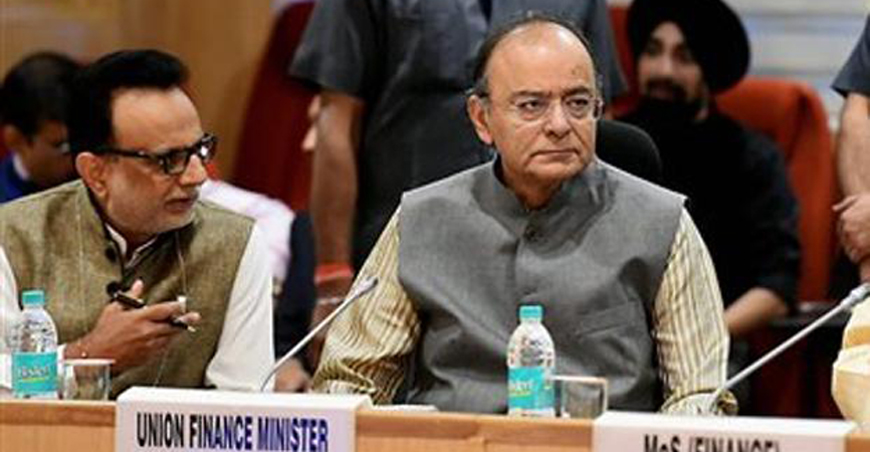KOLKATA: Gold may become costlier for Indians if the government accepts chief economic advisor Arvind Subramanian’s suggestion to put the yellow metal in the 12% tax bracket under GST.
With an import duty of 10%, tax on gold may turn out to be 22%, which will reduce its consumption in the physical form in the second largest gold consuming nation in the world.
At present, gold attracts an import duty of 10%. In addition, there is a VAT of 1% and an excise duty of 1%.“For a healthy development of trade, GST and import duty combined should not cross 12%; ideally, it should be in the range of 1012 %,” Shekhar Bhandari, business head for global transaction (banking and precious metals), Kotak Mahindra Bank, told ET.
Late last year, there was agreement on five broad GST slabs -0 (the exempted category), 5%, 12%, 18%, and 28%. While retailers and jewellers want the government to peg GST at 1.25%, keeping the customs duty intact at 10%, manufacturers and bullion dealers want a 6% GST and an import duty of 6%. Surendra Mehta, national secretary, India Bullion & Jewellers Association, reckons that import duty should be at 6% and GST should be 6%.
“If the tax incidence remains high, then there’s a propensity among people to evade tax. And that results in entry of gold through the illegal route which no government would like. Smuggled gold affects trade too,” Mehta explained.
Gold demand in the country fell 21.2% last year from the year before to 675.5 tonnes, according to a World Gold Council (WGC) report.


